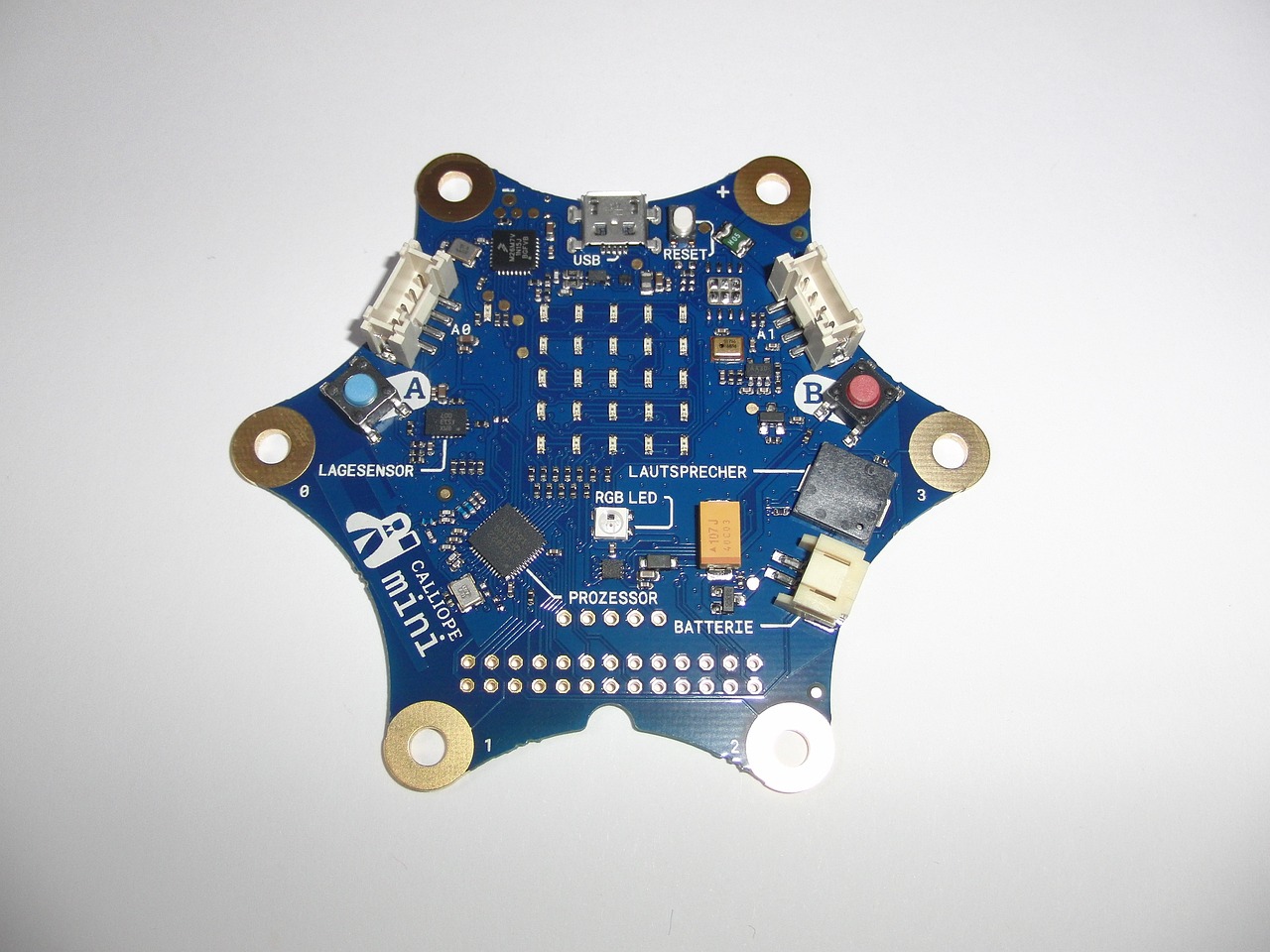Leveraging Experiential Learning Opportunities in Career and Technical Education (CTE): Preparing Students for the Workforce
Hands-on learning plays a crucial role in Career and Technical Education (CTE) by providing students with practical skills that are essential for success in various industries. Through hands-on activities, students can apply theoretical knowledge in real-world scenarios, improving their problem-solving abilities and critical thinking skills. This experiential approach not only enhances learning outcomes but also helps students build confidence in their abilities to tackle challenges they may encounter in their future careers.
Furthermore, hands-on learning in CTE programs enables students to develop technical proficiency and familiarity with industry-specific tools and equipment. By actively engaging in practical tasks, students can gain a deeper understanding of the subject matter and increase their retention of key concepts. This hands-on experience also fosters a sense of creativity and innovation as students are encouraged to experiment and explore different solutions to problems they encounter in the learning process.
The Role of Experiential Learning in Developing Practical Skills
Experiential learning plays a crucial role in equipping individuals with the practical skills needed to excel in their chosen careers. By engaging in hands-on activities and real-world applications, students are able to deepen their understanding of concepts and develop the proficiency necessary to succeed in a competitive job market. Through experiential learning, individuals have the opportunity to bridge the gap between theory and practice, gaining valuable insights that can only be obtained through direct experience.
Furthermore, experiential learning fosters creativity and innovation by encouraging individuals to think critically and problem-solve in real-time situations. This interactive approach to learning not only enhances comprehension but also cultivates a sense of confidence and independence in individuals as they navigate challenges and overcome obstacles. By immersing themselves in practical experiences, students are better prepared to tackle the demands of their future careers with resilience and adaptability.
• Experiential learning deepens understanding of concepts and practical skills
• Bridges the gap between theory and practice
• Fosters creativity and innovation through critical thinking and problem-solving in real-world situations
• Enhances comprehension and cultivates confidence and independence
• Prepares students to tackle future career demands with resilience and adaptability
Exploring Real-World Applications in CTE Programs
Hands-on learning plays a crucial role in career and technical education (CTE) programs by providing students with valuable real-world experiences. By engaging in practical applications of their skills, students are able to develop a deeper understanding of the concepts they learn in the classroom. Through hands-on learning, students can bridge the gap between theory and practice, gaining the confidence and competence needed to succeed in their chosen career paths.
Experiential learning in CTE programs helps students acquire practical skills that are essential for success in the workforce. By immersing themselves in real-world applications, students are better equipped to tackle challenges they may encounter in their future careers. Whether working on automotive repair, culinary arts, or graphic design projects, students can hone their skills and refine their techniques through hands-on experience in CTE programs.
What is the importance of hands-on learning in career and technical education programs?
Hands-on learning is crucial in CTE programs as it allows students to apply theoretical knowledge in practical scenarios, helping them develop real-world skills that are essential in their chosen careers.
How does experiential learning contribute to the development of practical skills in CTE students?
Experiential learning provides CTE students with opportunities to gain hands-on experience, problem-solving skills, and critical thinking abilities, all of which are essential for success in their future careers.
Can you give examples of real-world applications in CTE programs?
Real-world applications in CTE programs can include internships, job shadowing opportunities, industry partnerships, and project-based learning assignments that simulate actual workplace scenarios.
How do CTE programs prepare students for the workforce?
CTE programs prepare students for the workforce by providing them with practical skills, industry-specific knowledge, and hands-on experience that make them more competitive and marketable to potential employers.







